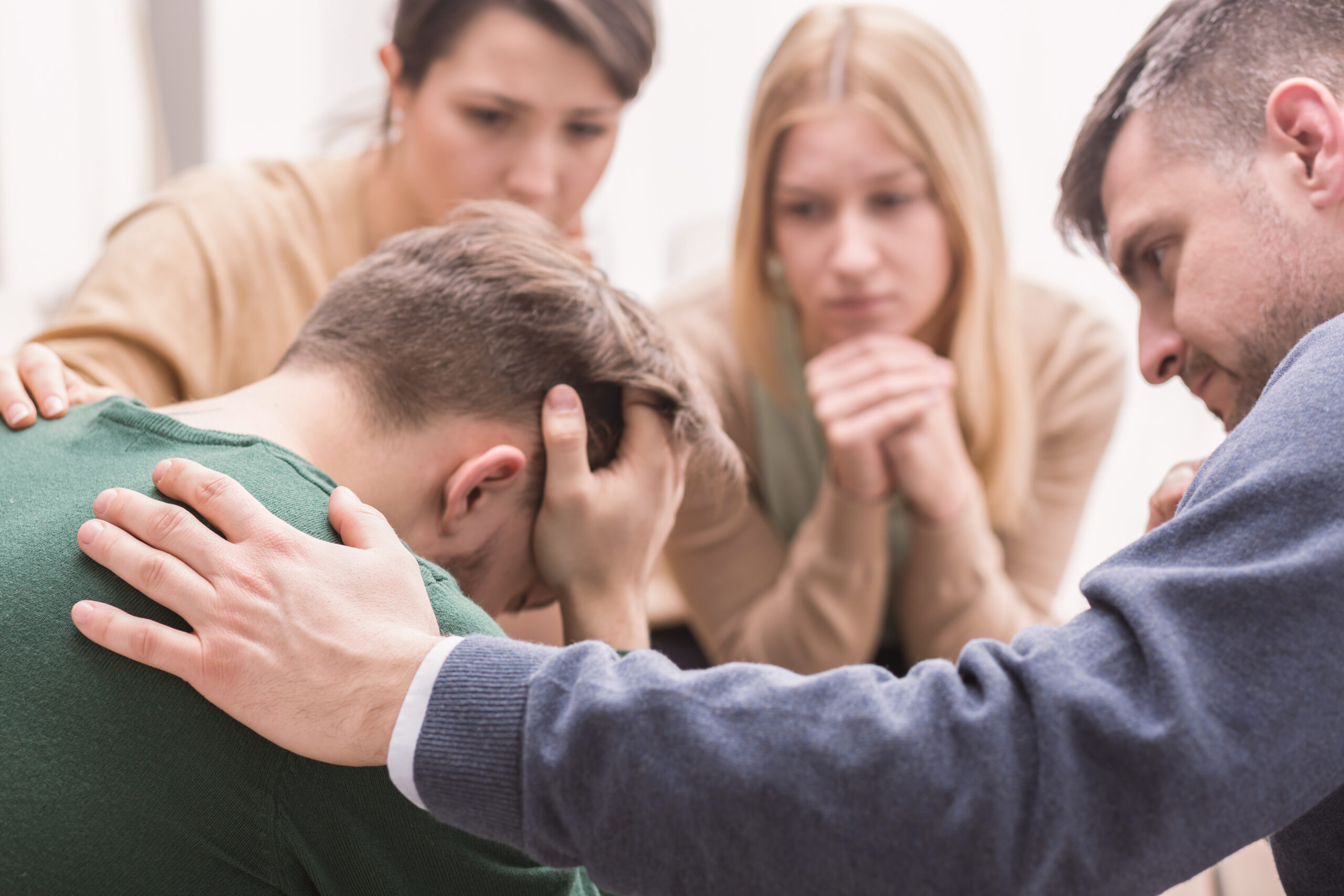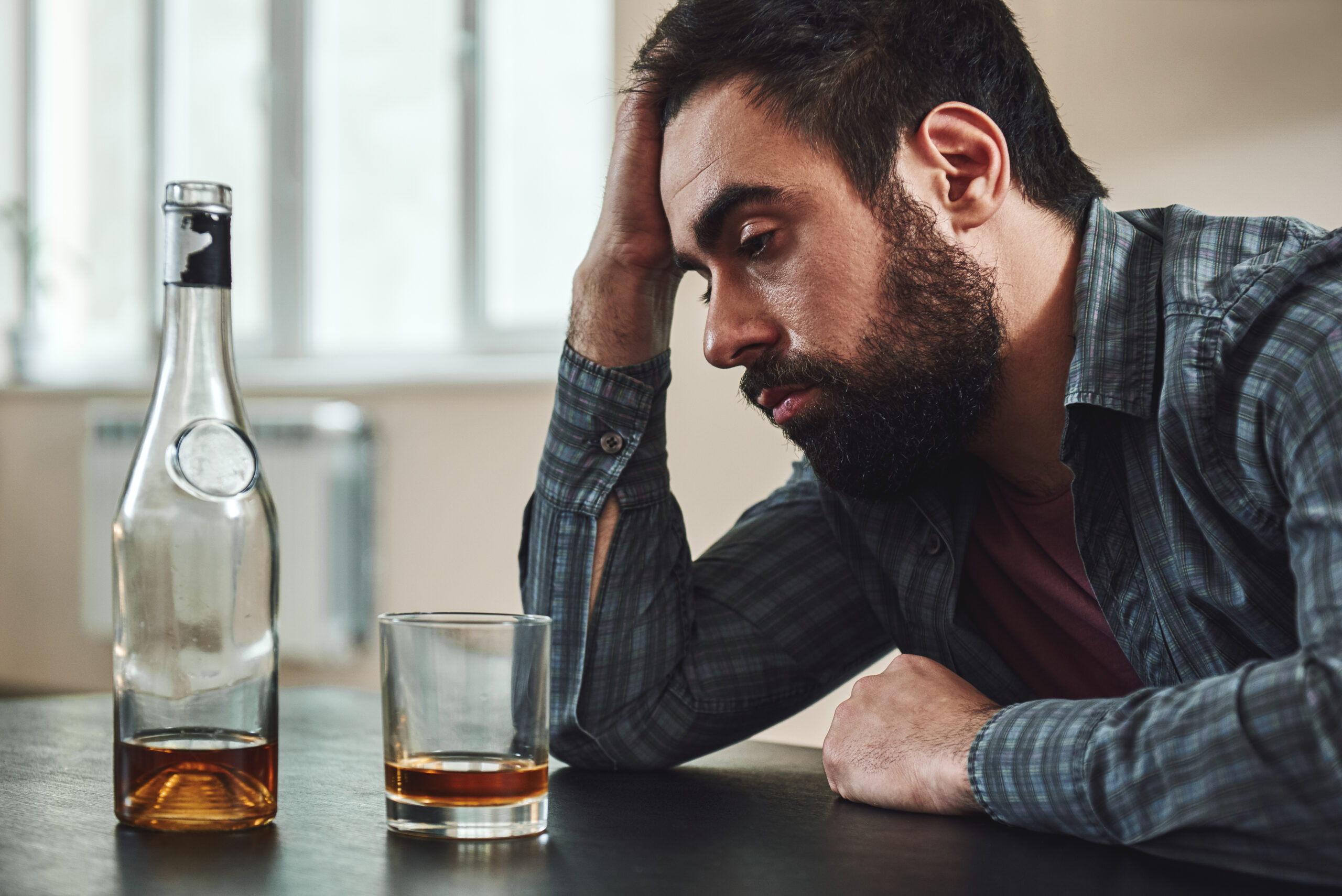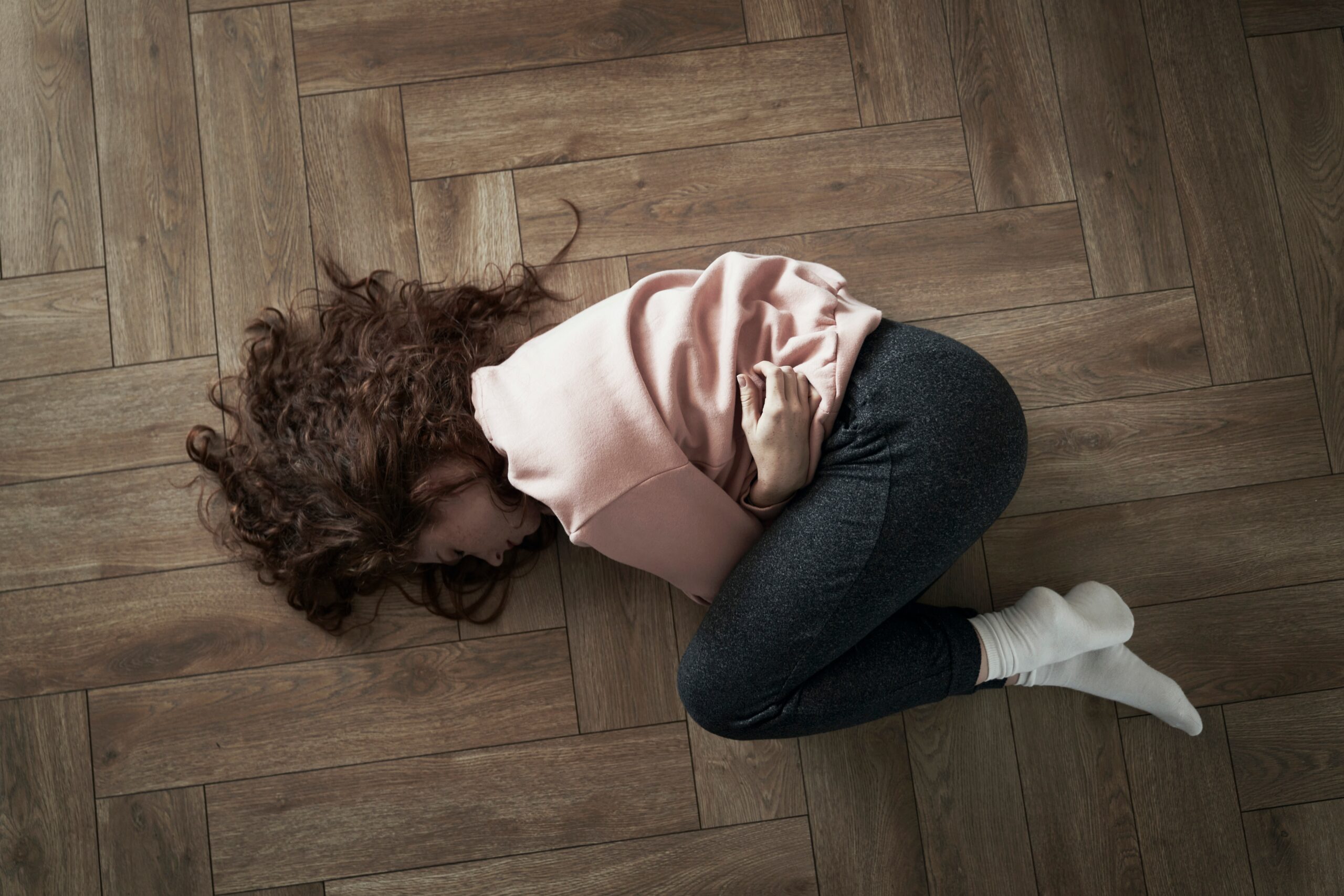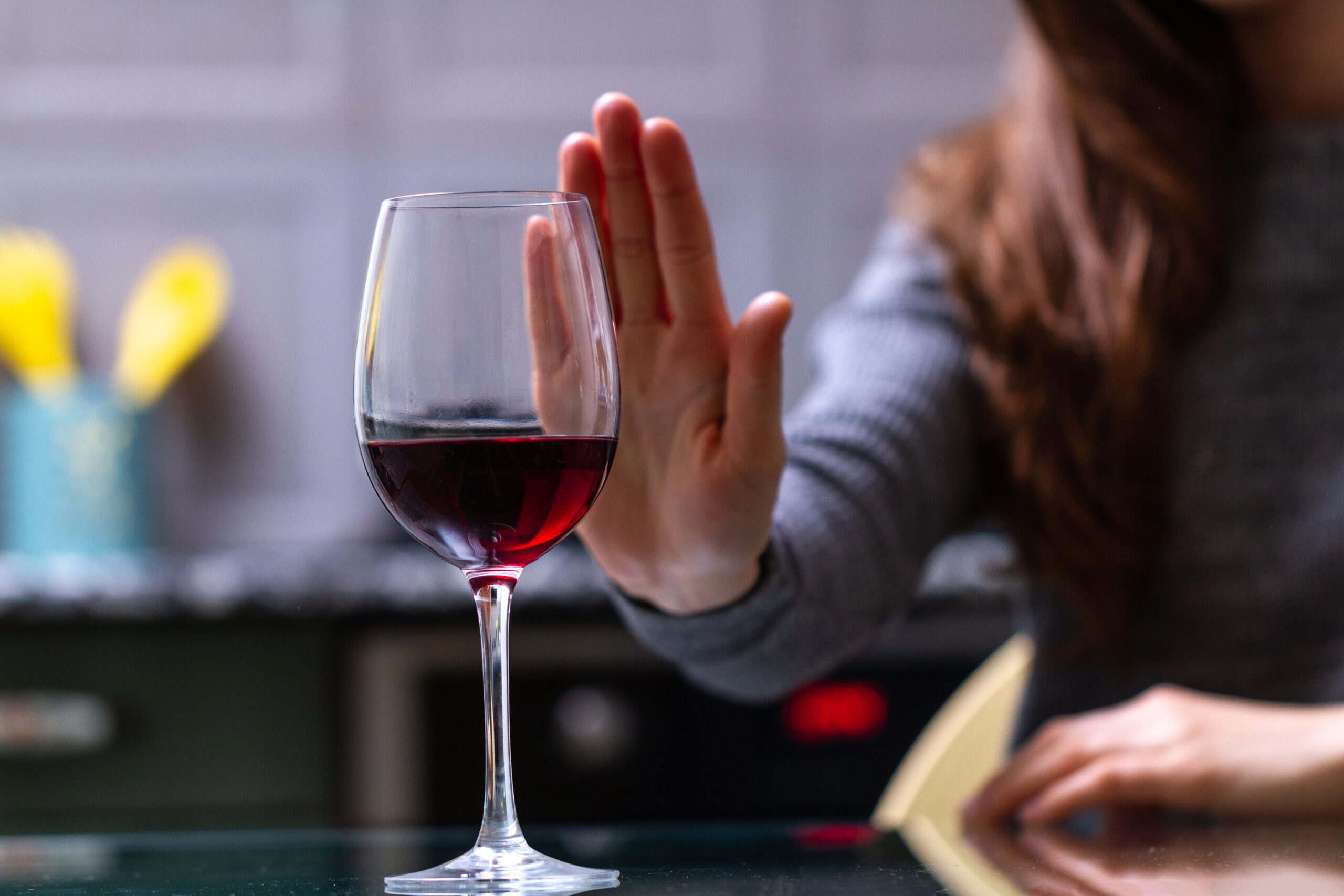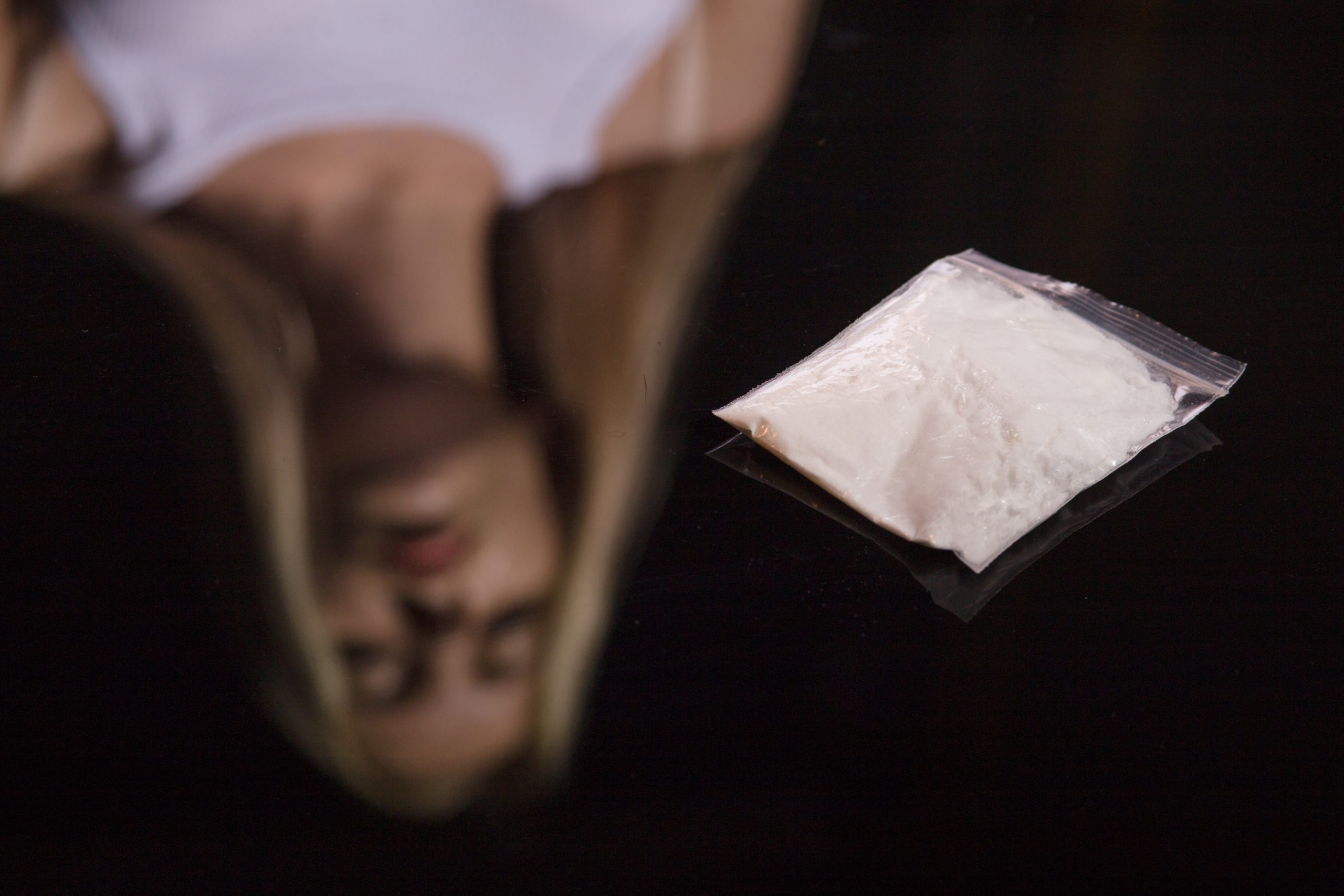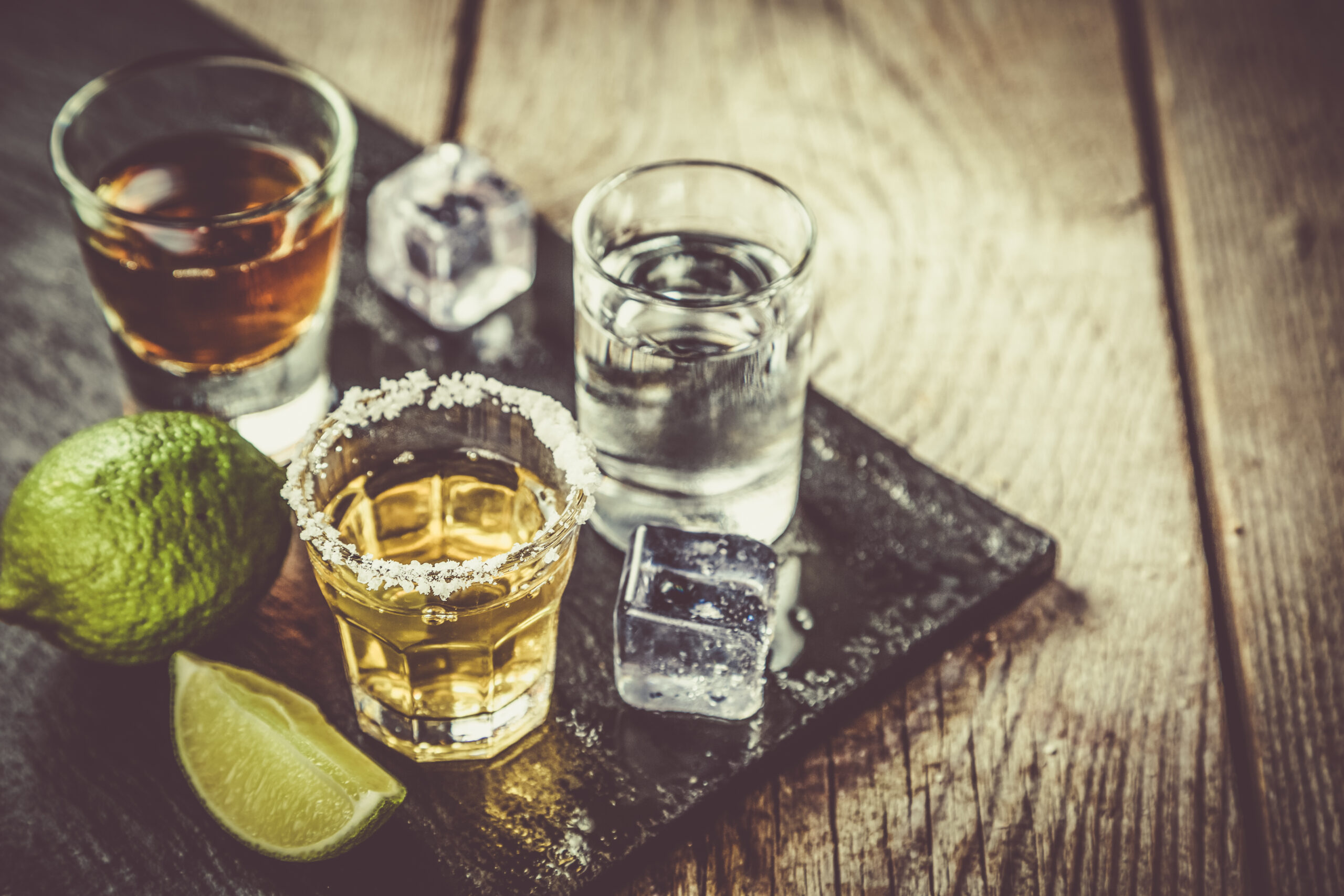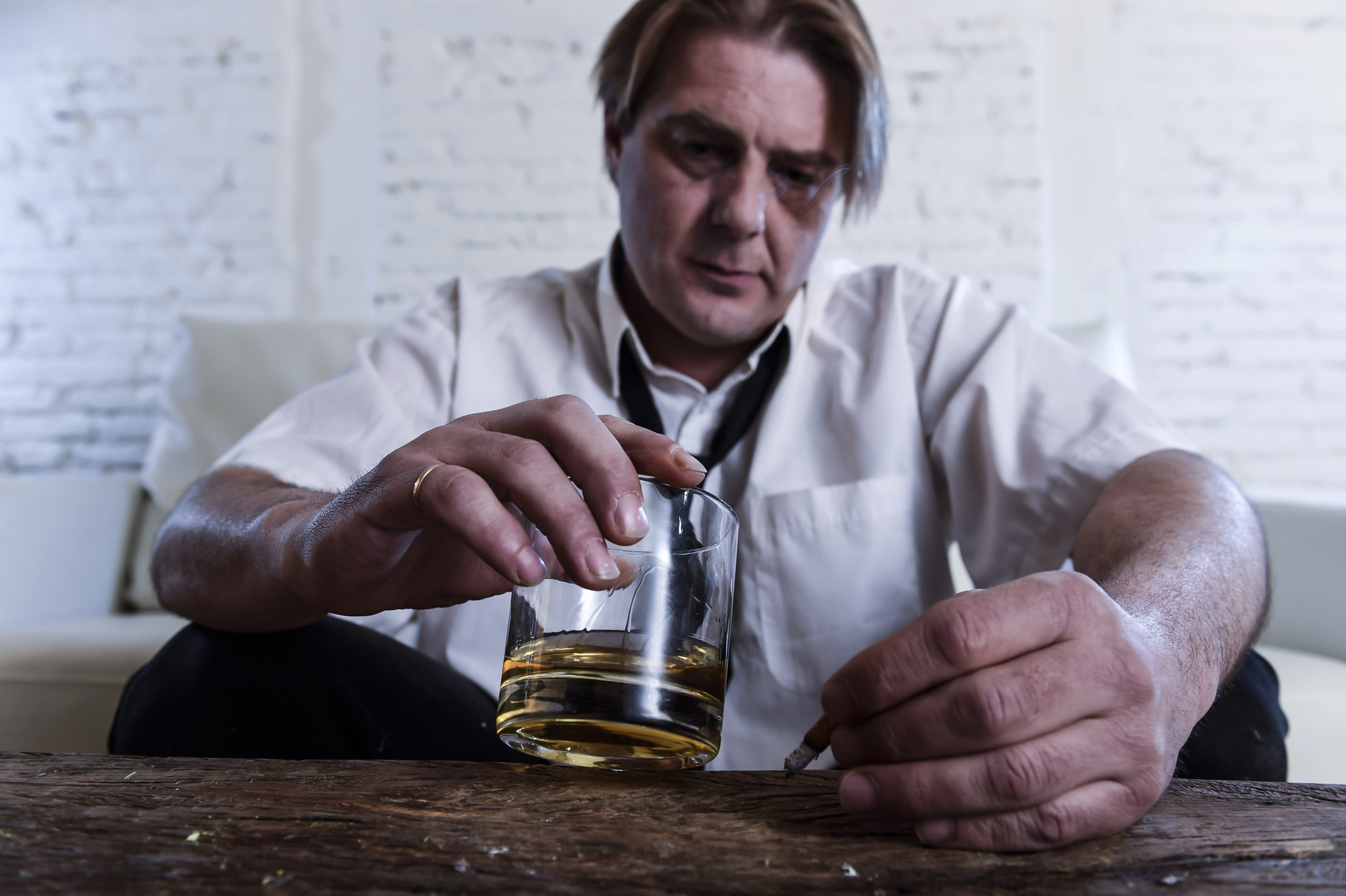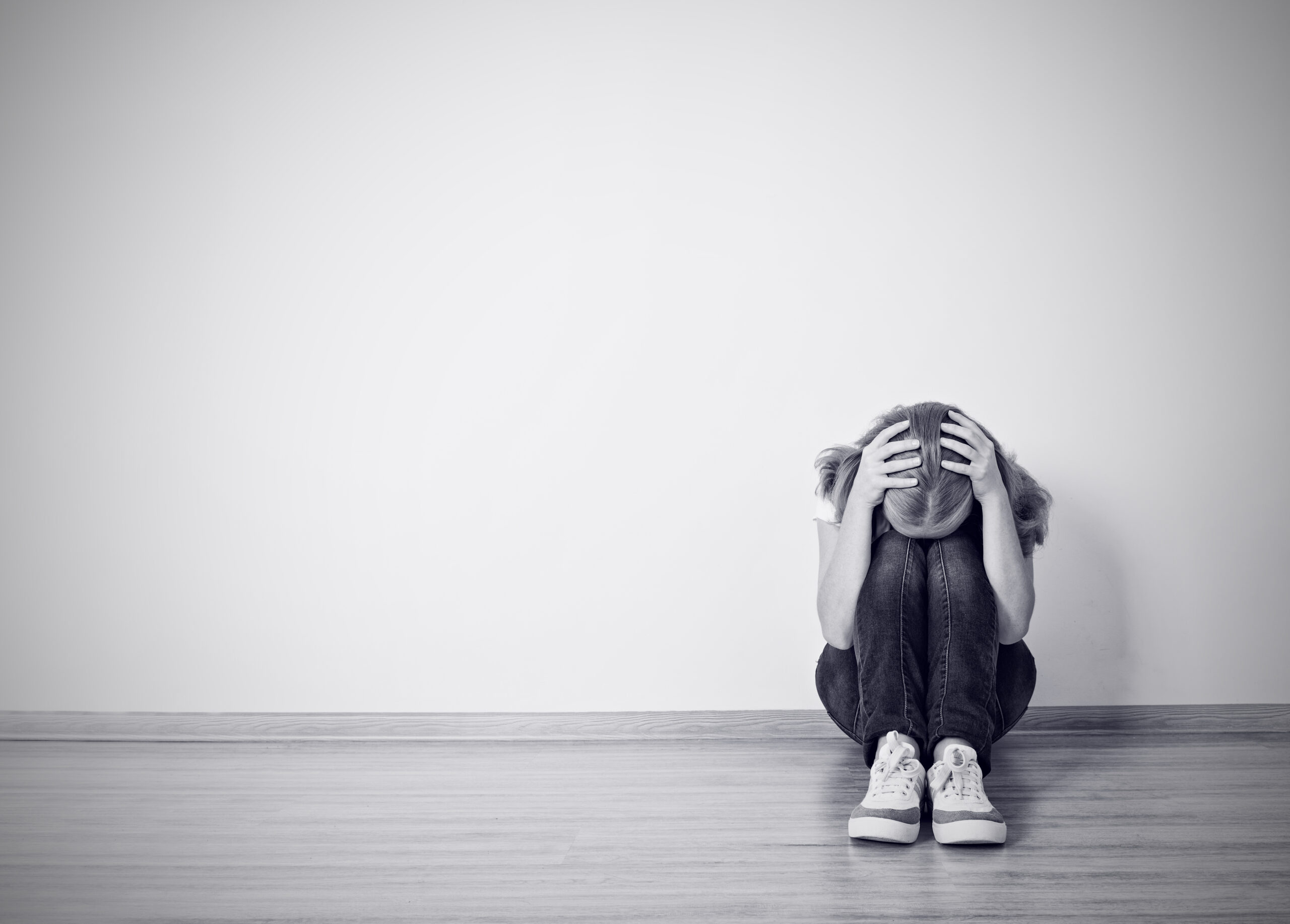If someone in your family is struggling with addiction, it can cause overwhelming worry, concern, and heartbreak. There is nothing worse than watching a close family member change for the worse because of an addiction and feeling helpless to stop the path they are on. When you are worried and concerned, it’s not uncommon to wonder whether you can just force someone into rehab.
Liberty House Recovery is one of the best luxury drug and alcohol rehab centers in Michigan. Contact us to learn more about our Michigan drug treatment center and how we can help you or a loved one overcome addiction.
Can You Force Someone into Rehab?
If you have a close friend or family member who is struggling with addiction, it can be heartbreaking to watch them move through their stages and not get the help they need. So you might ask, “Can you force someone into rehab,” because you’re trying to find a way to force them to get the help they need even though they don’t recognize that need yet.
Unfortunately, you cannot force someone into rehab or force them to stay. Anyone who is over the age of eighteen is free to make their own choices.
Can You Force Someone into Rehab who is Underage?
If you are the parent of a child under the age of 18 who lives in your home or the legal guardian, you can force them into rehab, specifically a center that offers teen or adolescent drug and alcohol rehab programs.
However, people, even teenagers, who go into a drug and alcohol rehab program against their will are less likely to complete it.
Can a Person Check Themselves Out of a Rehab Center?
Yes, they can. If someone starts drug or alcohol rehab, they can choose to leave at any time. If they do, it is called “against medical advice,” which is noted in their records in case someone reviews them later.
This is more common than you might realize: the average rate of people who check themselves out of a rehab center against medical advice is seventeen percent, but it ranges from three to fifty-one percent.
If you are the family member of someone in treatment or you have someone struggling with addiction, as the person who checked them in, you would receive a call from the treatment center that they decided to check out early. This can be difficult to accept, and you might then wonder about forcibly committing a person to rehab.
Unfortunately, no treatment center can hold someone against their will, nor can a family engage in committing a person to rehab against their will.
When do People Commonly Check Out of Rehab?
People who check themselves out of a rehab center against medical advice usually do so around day three, after they begin to realize how far away from friends and family they will be and as their more intense withdrawal symptoms take place.
Common Reasons People Leave
There are several reasons why people decide to check themselves out of a rehab center, not least of which is not wanting to be there in the first place. People who get convinced by their friends or family but don’t actually want to go themselves or lack the motivation to change are more likely to leave.
Similarly, when people get through detox, and they are faced with all of the emotions that were suppressed thanks to drugs and alcohol, it can be frightening and overwhelming, causing them to leave. In other cases, people are too uncomfortable with the detox process and decide to leave very early.
Can a Person Check Themselves Out of a Rehab Center if There is a Court Order?
In some situations, people are ordered by a court to attend treatment. This is often part of a plea deal. It typically comes with strings such as they must attend and complete rehab or they go to jail.
Even if your loved one has a court order with repercussions should they fail, they can still choose to check themselves out of rehab, knowing what they will face as a result.
How to Help
If you can’t force someone into rehab and you can’t force them to stay once they’re in, what can you do to help your loved ones?
There are several things you can do. When you reach out to Liberty House, our team can talk you through the different drug treatment programs we have so that you know what’s available if and when the time comes that your loved one makes a decision on their own to get help.
If you haven’t, consider staging an intervention. In some cases, using a professional interventionist can help you get your message across to a loved one who might not recognize subtle attempts to encourage their recovery.
It’s imperative that you do not give up hope and that you continue to communicate with your loved one, offering support where you can without enabling and regularly encouraging them to get the help they need, highlighting that no one would treat them any differently and everyone would still love them.
Call our team today to tour our facility and learn more about things like interventions and helping someone with addiction.

